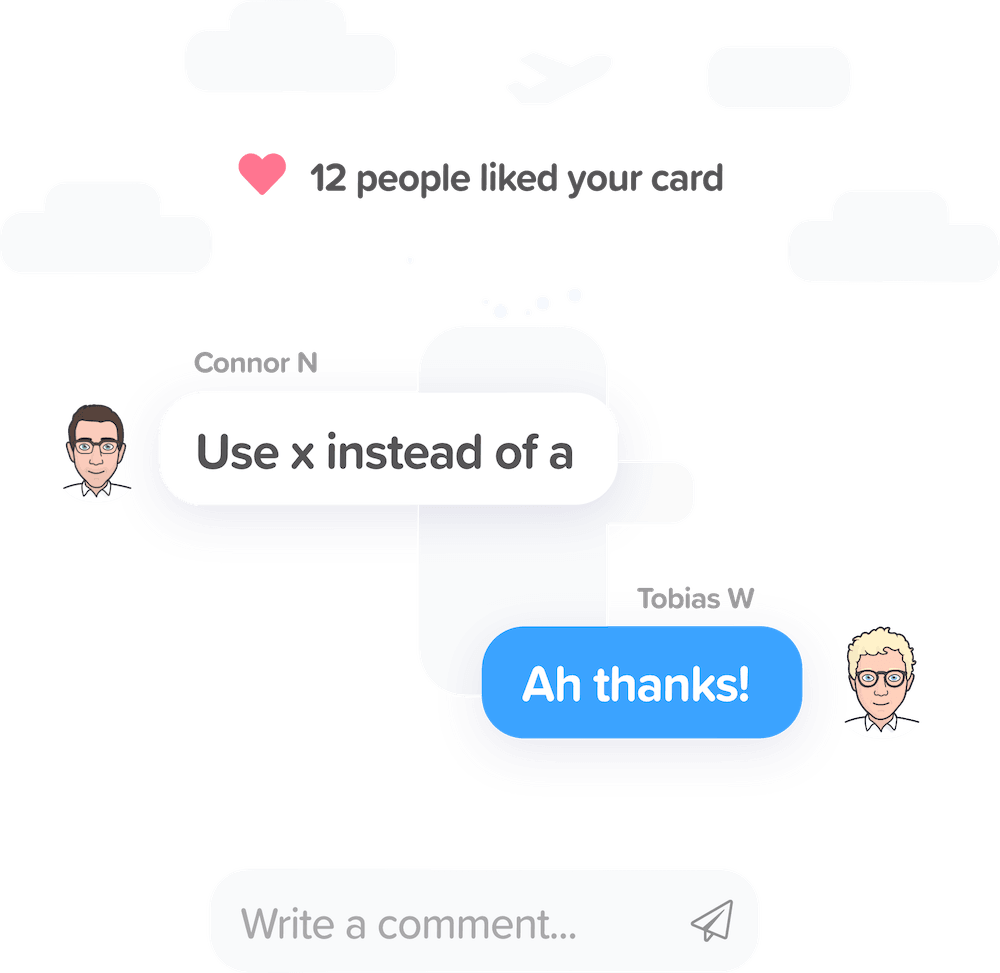
Numerous times I have been told not to call Supernotes ‘an EdTech company’, with points such as “There is no money in Education” or “Its better to associate yourself with AI”. EdTech has become the word ‘that must not be named’ in front of investors and is a word associated with being ‘boring’ to students. At Supernotes, we are working hard to change that reputation. Recently, I was invited to a Roundtable at No. 10 Downing Street to discuss the future of EdTech within the UK. Organised by Jimmy McLoughlin, Special Adviser to the Prime Minister and Julie Devonshire, Director of King’s College London Entrepreneurship Institute, the table was surrounded by inspiring minds from the UK’s brightest EdTech Startups. Here are some reflections from the table.
By 2020, EdTech is predicted to grow to be a $250 billion global industry (EdTechXGlobal, 2018) - the same size as the global digital advertising market. However, if this is true, why then are EdTech startups struggling to get off the ground in the UK? Why are schools and universities running outdated EdTech systems and investors reluctant to invest in EdTech startups? Where has it all gone wrong?
One major problem is the lack of grassroots innovation within the UK. Schools and Universities are reluctant to trial and support new technology, 56% of teachers feel that it is too risky in terms of classroom management, even though almost 90% of teachers agree that EdTech has a positive impact on educational outcomes and saving their time (Shift Learning, 2018). This creates a catch-22 for new EdTech startups: you need student and teachers to give you feedback to build a better product, but students and teachers are wary of trialling a product that isn’t “finished”.

Technology in Schools receives constant bad press
However, being ‘new’ is not the only concern. Schools face pressure from both parents who are concerned about safeguarding their children and the media which constantly portrays technology, especially phones, as having a negative impact in the classroom. Interestingly, many State Schools adopt bans against phone use in the classroom, whereas many of their Private counterparts have adopted a more relaxed open phone policies. Thinking of them as a pure distraction is an outdated mindset, there is a greater potential to use technology productively than negatively in a classroom. We need to educate students how to use technology effectively and turn it from a problem into a solution. One such example might be using Kahoot on phones to answer quick quizzes, saving schools money on buying expensive quiz clickers.
But what about Universities? Recently, I went to an Education Innovation conference held at King’s College London, where Professors and IT teams were presenting the new features in their respective learning systems. But a key feature was missing. None of them mentioned how they are improving peer-to-peer student interactions, and when I asked they replied “We tried adding forums to Moodle, but students didn’t use them”. The entire focus for EdTech in universities was wrong for the last ten years. EdTech startups were forced to make products ‘risk-free’ and ‘safe’ for educational institutions, which often led them to prioritise the schools’ and universities’ needs over the students’ who would be using them - making EdTech products notoriously dull and sensible. It is no wonder that students prefer to be on Facebook in a classroom rather than ‘boring-old’ Moodle. Imagine a place where students can take notes and share with their peers in real time during a lecture, thats definitely a more exciting learning environment, and something we are striving to achieve with Supernotes.

Students can interact with each other in real time on Supernotes
Schools and universities are in great need of better EdTech. However, a lot of EdTech companies have found themselves pivot to corporates. If I had a pound for the number of times I have been told, ‘Your monetisation is wrong, it is impossible to sell to students, adapt your product and go for corporates’, I would have raised enough money for another round of investment! Unlike other sectors, investors in early-stage EdTech do not focus on growth numbers but push towards finding revenue streams; due to the long sale cycle & highly seasonal usage. Corporates are unfortunately a lot more attractive, and I have seen many EdTech companies enticed with money rather than bootstrap and innovate.
Can you see the repeating theme? The biggest threat to new EdTech startups is establishing a secure route to market within the UK. Even though EdTech is a $250 billion market, it is a lot harder than other industries to break through. Take Naimish, founder of ShowMyHomework, as an example. He has worked tirelessly since 2011, visiting schools by himself every day in order to sell his platform.
But that doesn’t mean that improvements can’t be made. Seven years ago the same could have been said for MedTech within the UK. However over the past few years MedTech has been given a lot of great interventions from the government. Such as digitalhealth.london helping introductions, credibilities and breakthroughs.
More support and initiatives could be made available for EdTech companies. Programs like the ‘King’s20 Accelerator’ run by King’s College London, help students develop and create businesses (like us!) from just a concept. And the Young Academy accelerator helps EdTech companies create more socially impactful ventures, encouraging previously ignored opportunities such as aiding SEND pupils to become more independent. These programs are a great start but this type of support needs to be delivered at scale. Take Dubai as an example. Their Dubai Futures Accelerator program brings companies from around the world to speak and test at their schools nationwide. Providing schools with the latest cutting-edge educational tech, and startups with valuable routes to market. The UK could adopt this approach but it would require a significant helping hand from the government.
In order for the UK to stay on top as a world leader in education, we need to ensure that the EdTech has the support nationwide. One suggestion is that a governing body such as Ofsted could play a role in what EdTech they recommend to Schools. This could help schools make more informed choices when it comes to buying software, and give the onus of ‘risk’ to Ofsted rather than the School - giving emerging EdTech a better, more credible route to market. However the difficulty will come in making sure that this does not inhibit competition - the recommendations will need to be regularly reviewed and updated.
However this isn’t something that will happen overnight. That is why at Supernotes, we have created ‘EdTech Founders’, an independent group of emerging EdTech startups that help each other get through difficulties and increase our routes to market. By working together we can combine our networks and help create an incredible testbed for innovation with the schools that we work with, allowing us to compete with the established educator programs of the corporate monoliths, from Google to Apple.

EdTech Founders
Today the UK is hampered by relying on its previous success of a traditional education system, but that simply doesn’t work in a digital age. Tomorrow, Education should be driving technology, not the other way around. By harnessing EdTech correctly it could be possible to significantly narrow the gap between disadvantaged and advantaged students, providing fairer education for all. For that to happen, popular opinion needs to change towards EdTech. Fortunately we have already made a start, with Nadhim Zahawi, Parliamentary Under-Secretary of State for Children and Families, requesting more to be spent on EdTech funding. Let’s continue moving the conversation forward. Have any thoughts? Chat with us on Twitter. And if you have a moment, check out the other EdTech founders working hard to make a difference as well:
- Mark Corbett, Edvent
- George Olesen, The Access Platform
- Dr Chibeza Agley, Obrizum
- Ismail Jeilani, Scoodle
- Hannah Titley, The Golden Circle
- Romina Calatayud, Girls United
- Kaitlin Fritz, Musemio
- Charles Wiles, Zzish

Take notes effortlessly
Join thousands of happy notetakers!